Kilimanjaro Safaris
On Kilimanjaro Safaris, not only do you experience Africa's highest peak but also explore a diverse ecosystem housing hundreds of bird and mammal species. This journey goes beyond Mount Kilimanjaro Climbing; it explores nature's variety, from lush rainforests to alpine deserts.
Each step on this cherished Tanzanian landmark brings you closer to understanding its ecological significance and the stories embedded in its trails. Dive into this Mount Kilimanjaro Safari to truly appreciate the magnitude and essence of the region around the mountain.
Wildlife You Can Spot During Kilimanjaro Safaris
When you think of Kilimanjaro, climbing might be the only thing that comes to mind. But, apart from that, a whole world of Kilimanjaro Safaris Animals and plants is waiting for you at different mountain altitudes.
From Alpine Desert to the Icy Top:
Even in the most barren spots:
- Some plants beat all the challenges and thrive in the extreme cold.
- You will get opportunities for breathtaking Kilimanjaro Safari Photos as the landscapes change.
Tropical Rainforests
At 1800 meters, the rainforest region is teeming with fantastic flora and fauna
- Spot Black-and-White Colobus monkeys making aerobatic leaps through trees.
- The chirping birds you see add a touch of music to your trek.
Shrubland Elevations
Around 3000 meters, you will find:
- Unique plants like groundsel
- Small critters running around who are native to this altitude.
Stark, Rocky Terrain
Climbing to 4,000 meters introduces:
- Patches of alpine flowers
- Birds overhead and their shadows playing on the rocky surface.
Ultimately, on Kilimanjaro, every altitude offers something new. It’s not just about reaching the top; it’s about appreciating every step, every sight, and every sound along the way.
Travel with Purpose During Kilimanjaro Safaris
While Kilimanjaro Safaris is an adventure of a lifetime, it's more than just an excursion through beautiful landscapes. Your journey up the mountain profoundly impacts Tanzania, both economically and socially. Here's how:
- Boosting Local Economy: Every safari brings valuable revenue to Tanzania, strengthening its economic growth.
- Empowering Locals: By choosing local tour operators like us, you ensure job opportunities for many in the community. This includes roles like guides, porters, and cooks.
- Charity Initiatives: Many climbers pair their journey with a noble cause, like raising funds for various charitable organizations. This dual purpose makes the Kilimanjaro Climb more fulfilling and ensures that the adventure makes a difference beyond the mountain.
By participating in Kilimanjaro Safaris, you support local communities and contribute to broader societal benefits. Your adventure becomes a purpose-driven journey where every step you take positively impacts the community and its future.
Conquer One of the World’s Seven Summits
Being one of the world’s Seven Summits and towering at 5,895 meters (19,341 feet), Mount Kilimanjaro calls out to thousands each year.
While the ascent is a challenge, its charm lies in its accessibility to many without requiring specialized equipment or rigorous training. But don’t mistake accessibility for ease. Here’s what you should know:
Fitness Matters
The climb is demanding. A Kilimanjaro Safaris Ride and the ascent will take at least five days. It’s crucial to be physically and mentally geared up for this challenge.
Kilimanjaro Route Options
Mount Kilimanjaro offers various routes to take you up to the summit. Each route has distinct scenic views, difficulty levels, and time durations. Find more about Kilimanjaro Climbing Routes from here.
Gear Up Right
While technical gear isn't necessary, high-altitude clothing and proper camping equipment are must-haves. Please browse through our Kilimanjaro Packing List for the detailed list of gears you would ever need when Climbing Kilimanjaro.
Acclimatization Is Key
Rapid altitude gain poses a significant risk of altitude sickness. Acclimatizing well is essential, ensuring a safer and more enjoyable climb.
When you conquer Kilimanjaro, you achieve a personal milestone while experiencing nature’s grandeur every step of the way. Navigate through the enchanting Afromontane Forest and traverse rocky terrains and age-old glacial valleys while soaking in mesmerizing views along the trails.
Cost of Kilimanjaro Safaris
Everyone arriving in Kilimanjaro National Park to climb the mountain is required to pay the park fees. These Kilimanjaro Safaris Prices include crew, rescue, camping, and conservation expenses. The details are given below:
Camping fees
For every route excluding Marangu, you'll be camping at public campgrounds maintained by the park authorities. Each night, the cost of camping is USD 50. Following our Lemosho route example, the total camping fee would be USD 350 (USD 50 for seven nights).
Conservation Fees
To upkeep the pristine condition of Kilimanjaro National Park, a daily fee of USD 70 is charged to every trekker. So, if you're on the 7-Day Lemosho Route, you're looking at a total of USD 560 (USD 70 times eight days).
Guide and Porter Fees
Apart from your own fees, you must also cover the park entry charges for your support team, encompassing your guides, chefs, and porters. The fee stands at $2 per entry for each individual.
Rescue Fees
The park department levies a service charge for any rescue missions on the mountain. At present, every visitor is obligated to contribute USD 20 per expedition.
Crater Camping Fees
If you wish to set up camp within the crater, there's a charge of USD 100 per individual for each night.
How to Settle the Park Fees?
Once you've understood the breakdown, the payment is straightforward. Most trekkers prefer paying the trip and park fees directly to their chosen safari company, like us, and we handle the rest with the park department.
Taxes
Lastly, remember that all these fees are subject to an 18% Value Added Tax (VAT) as mandated by the Tanzanian government since July 1, 2016.
For instance, on the Lemosho Route Kilimanjaro, after summing up the conservation, camping, and rescue fees to USD 930, the VAT would be an additional USD 167.40, bringing the total to USD 1097.40.
However, if you'd like to pay the park department directly, it can be done with a Visa card at the park gate on day one of your climb. Let us know your preference during booking for your Mount Kilimanjaro Climbing expedition.
Take your safari beyond the expected. With expert guides, breathtaking landscapes, and intimate wildlife encounters, every moment feels extraordinary, every horizon holds a new story, and every journey becomes unforgettable.
Activities You Can Take Part in Kilimanjaro Safaris
Kilimanjaro National Park covers 291 square miles around Mount Kilimanjaro. There are so many Things to Do in Kilimanjaro National Park. The list includes:
Trekking: People visit Tanzania to trek Mount Kilimanjaro. The park offers many routes, but the Marangu and Machame routes are the top choices. It usually takes 4-7 days to finish the trek.
Kibo Peak: Kibo Peak is the tallest point on Kilimanjaro. It's known for its snow cover. Climbing Kibo Peak is challenging, so it's best for experienced climbers. There are base camps on the way up for rest.
Shira Plateau: This plateau was once a volcano that's now gone. Many animals like elephants, buffalos, and lions can be seen there.
Chala Crater Lake:This lake is between Kenya and Tanzania. Its colour changes throughout the year. Travellers can hike around the lake and see a unique fish called Chala tilapia. Swimming is also allowed.
Olpopongi:It's a place to learn about Maasai culture. Visitors can see how the Maasai live, eat their food, and talk about their way of life.
These activities make Kilimanjaro National Park a must-visit spot in Tanzania. Are you interested in these activities? Join us for a trip to Kilimanjaro National Park!
A Safari Beyond the Summit
Kilimanjaro Safaris offers more than just a climb up a mountain. It's a chance to see amazing animals, learn about Tanzania's nature, and meet local people.
It doesn’t matter if you will be Climbing Mount Kilimanjaro or watching wildlife on the plains; be sure you will always have something special to amaze you. Join us at African Scenic Safaris, and let's explore Kilimanjaro!
Explore Kilimanjaro Travel Guide
Find essential topics below to help you plan, prepare, and enjoy your Kilimanjaro travel experience fully.
Climb Kilimanjaro With Us
Get ready for a mountain adventure with real advice, smiling guides, and simple help that actually works. We’re with you from start to summit.
Frequently Asked Questions
On a Kilimanjaro Safari, expect diverse wildlife like buffaloes, monkeys, and, occasionally, elephants. Birds are also plentiful.
The Best Time for Kilimanjaro Safaris is June to October and January to February due to clear skies and minimal rain.
Pack light clothing, a warm jacket, hiking boots, sunscreen, and binoculars for a Safari in Kilimanjaro.
Absolutely! You can combine your safari with visits to other Tanzanian Attractions like Zanzibar or the Serengeti.
Kilimanjaro Safaris typically range from $200 to $1000+, depending on the duration and luxury level.
Some activities you can participate in during Kilimanjaro Safaris are wildlife spotting, walking safaris, game drives, and cultural village visits.
Simbo Natai, founder of African Scenic Safaris, crafts sustainable, meaningful Tanzanian journeys rooted in his deep local knowledge and passion.
Director





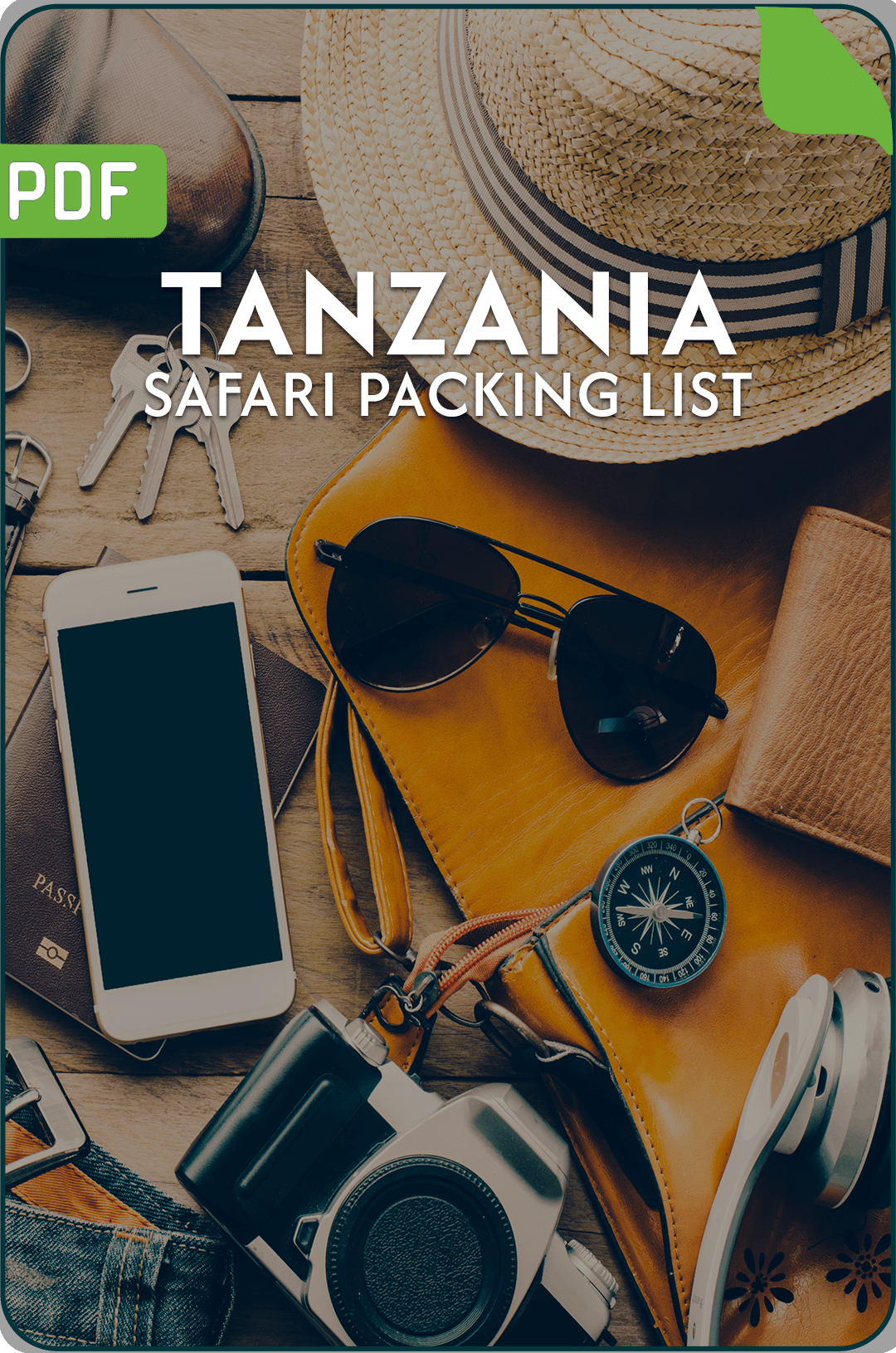
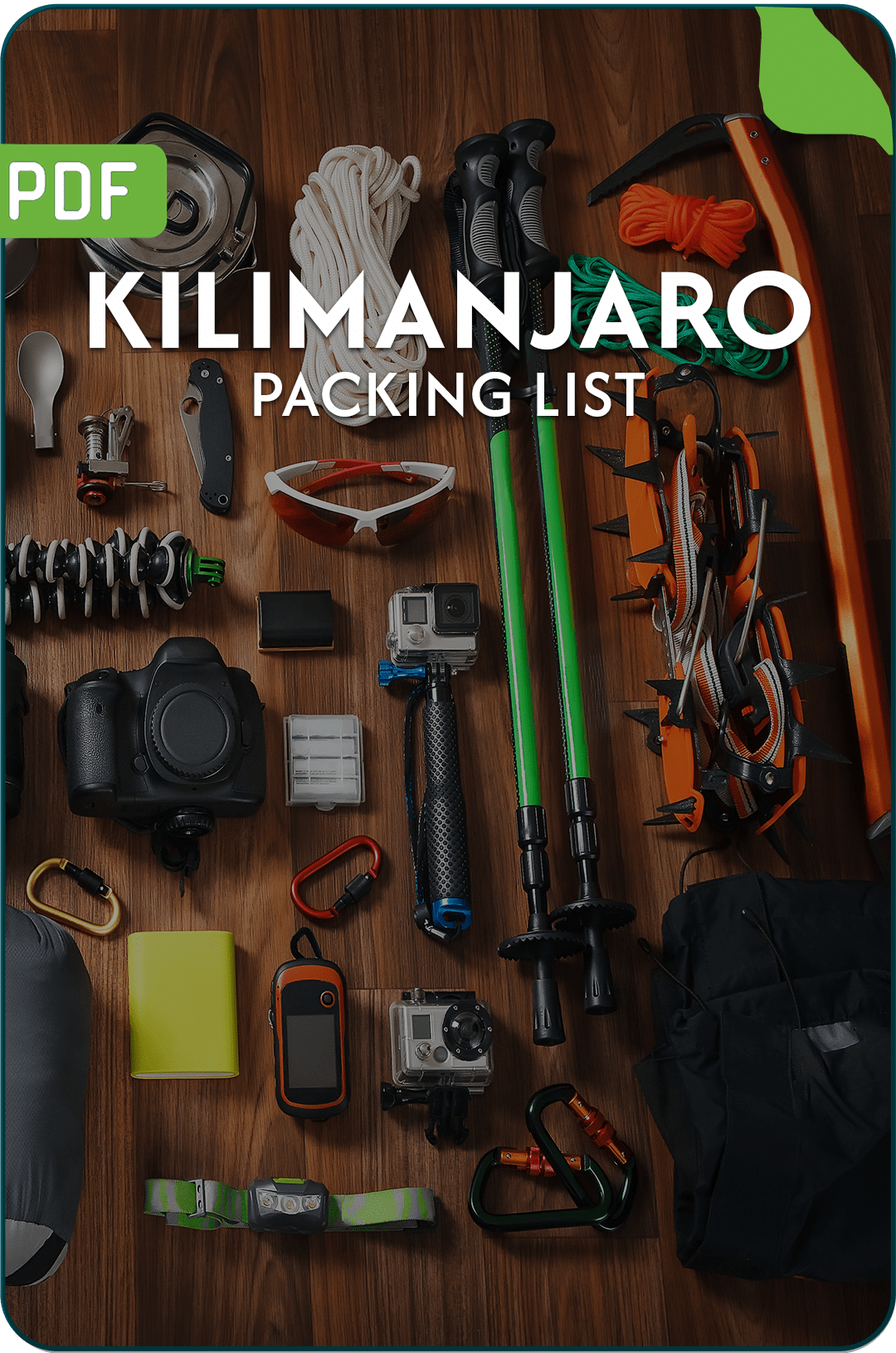
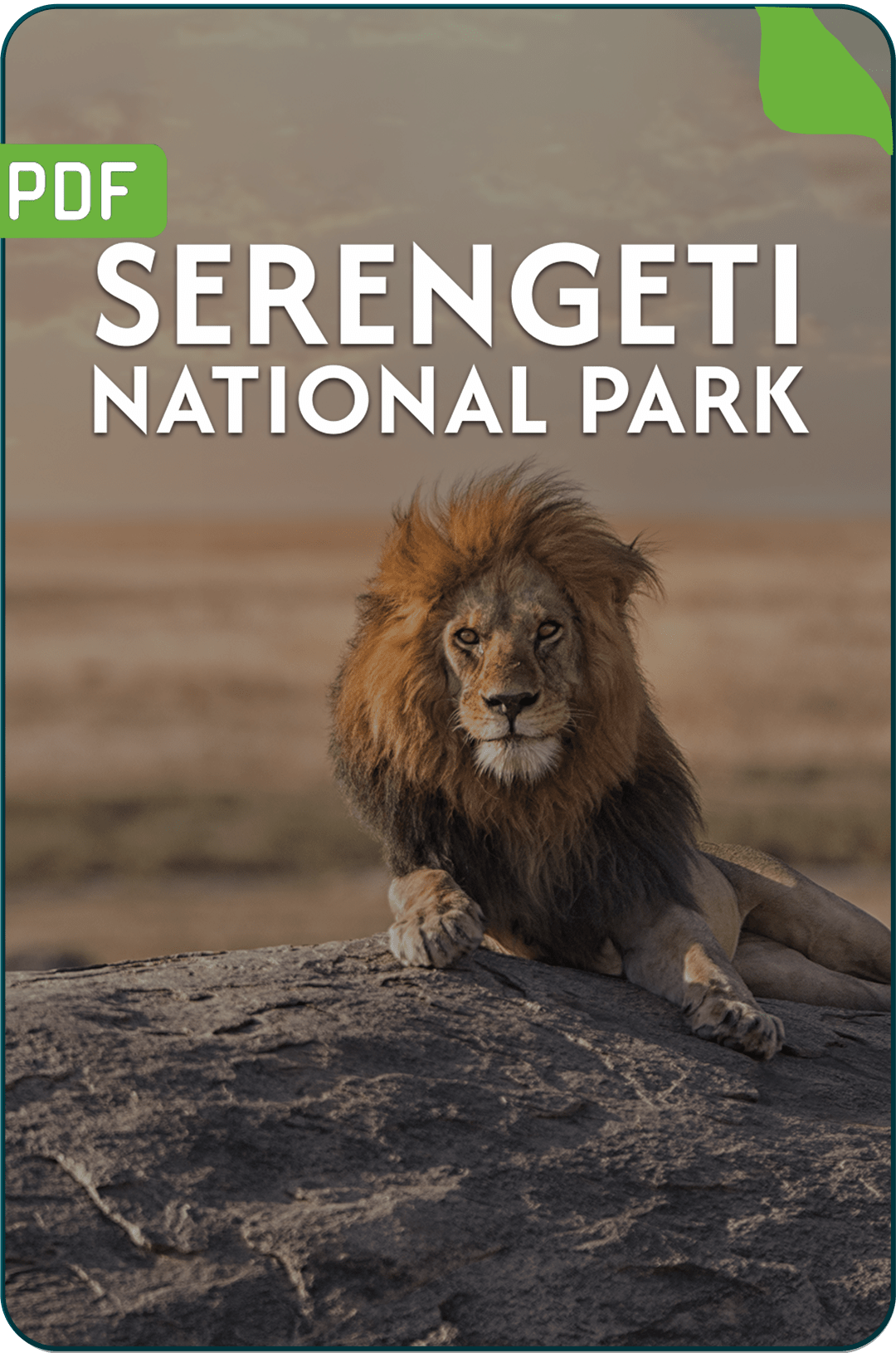
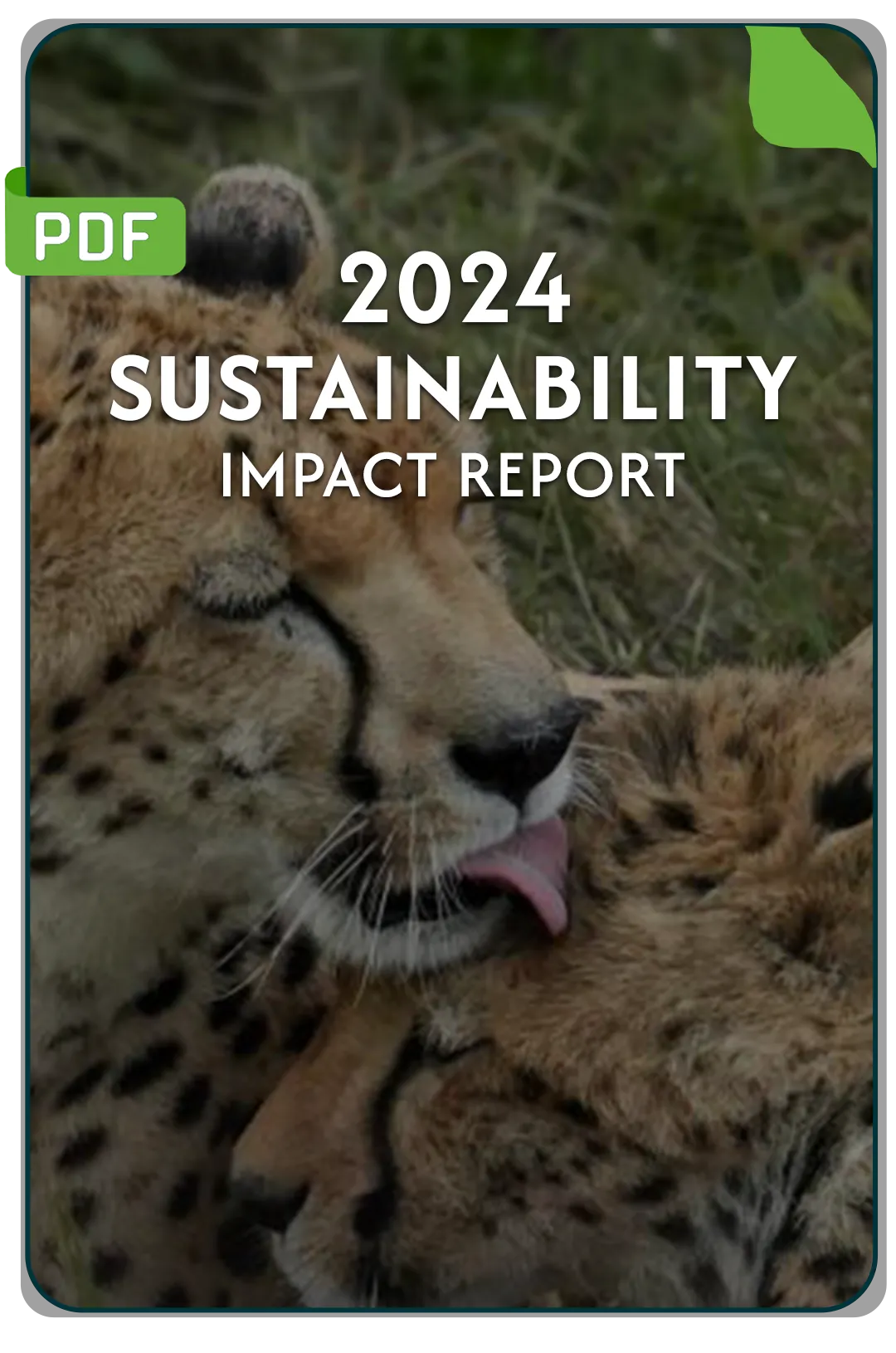
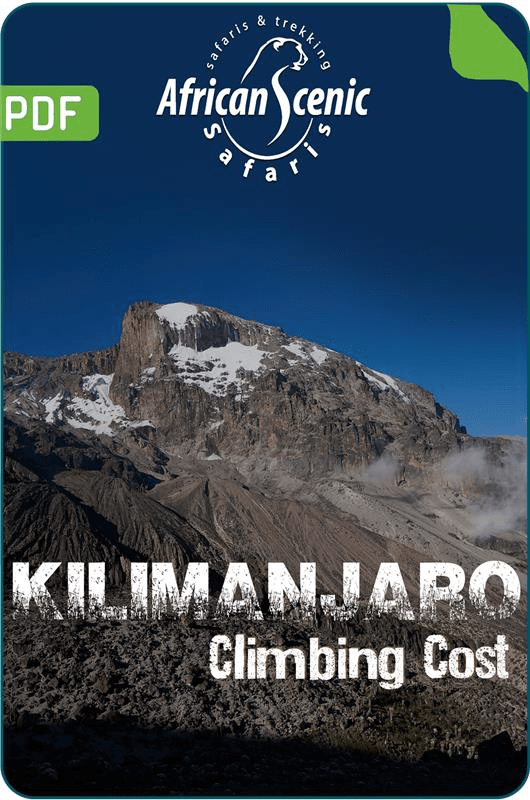











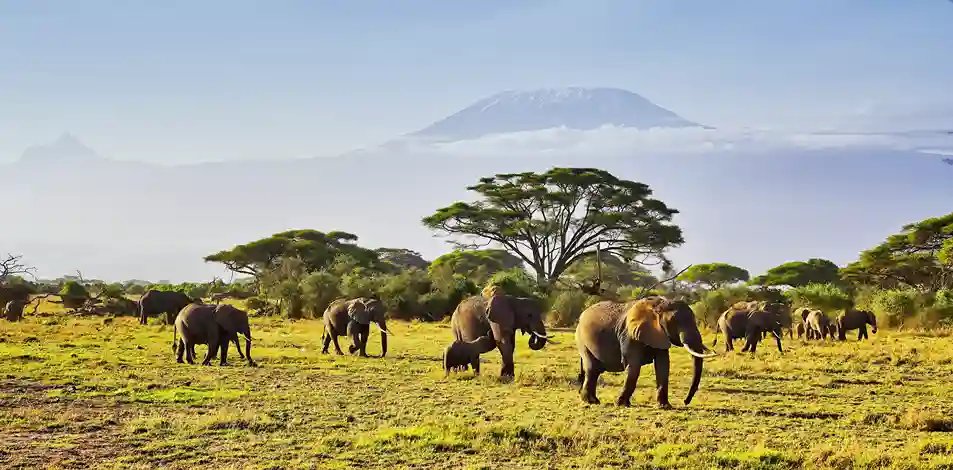
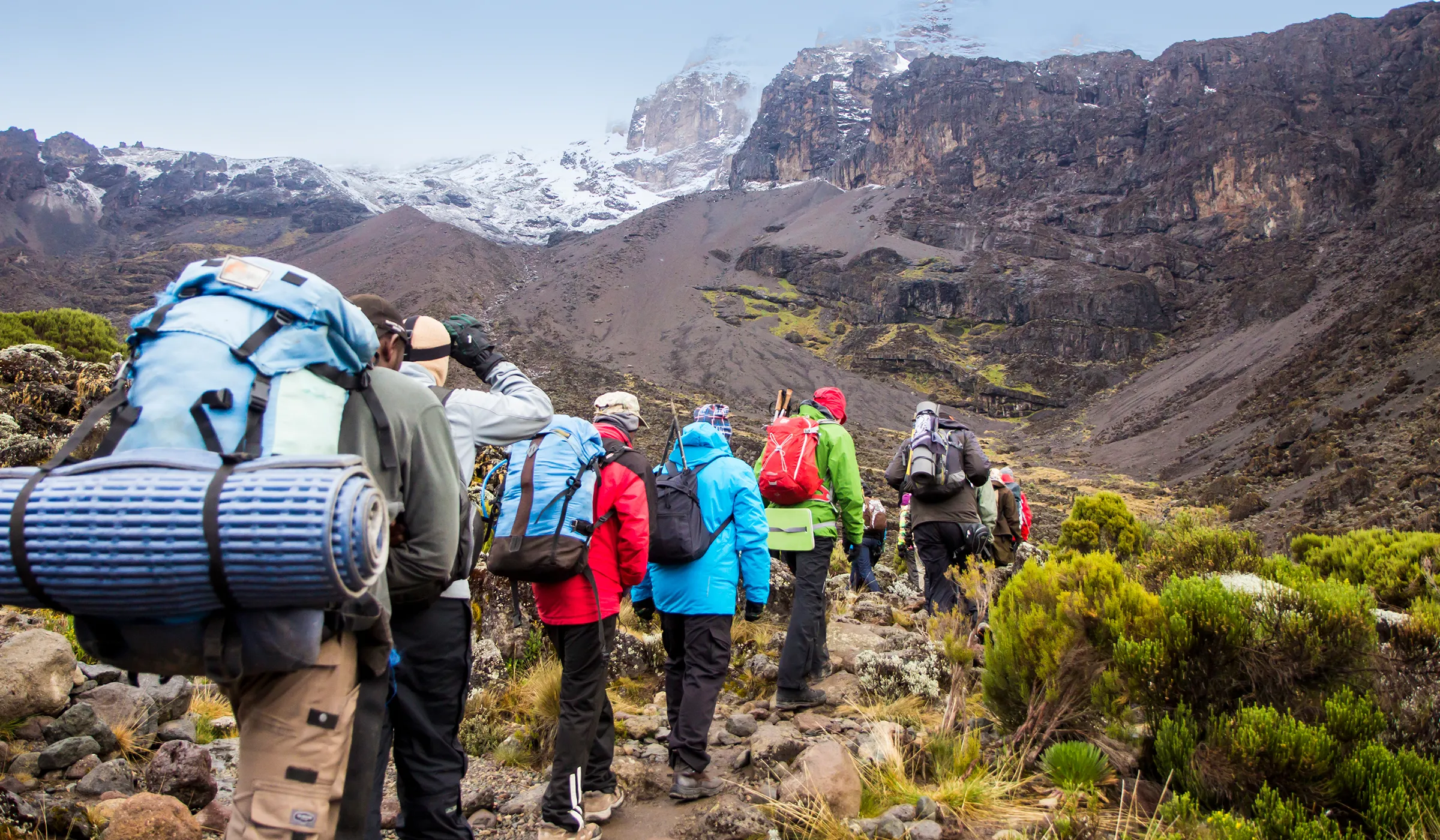
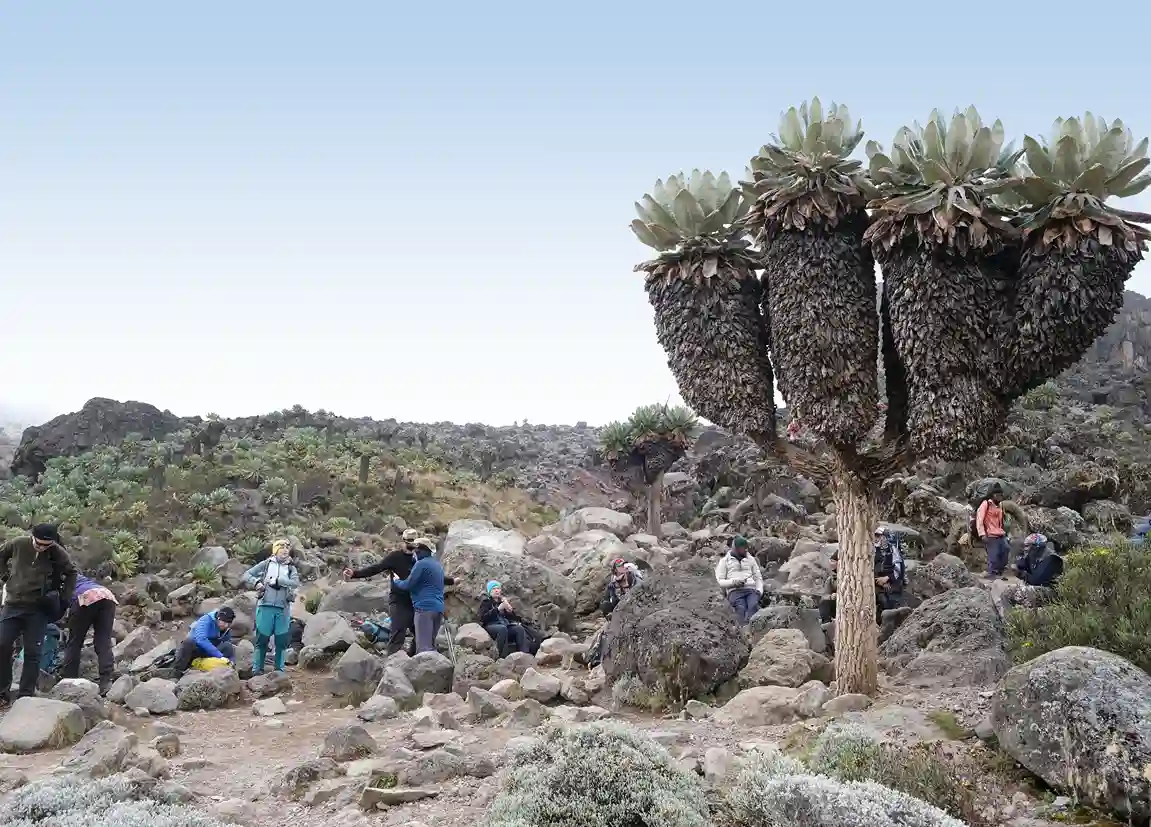
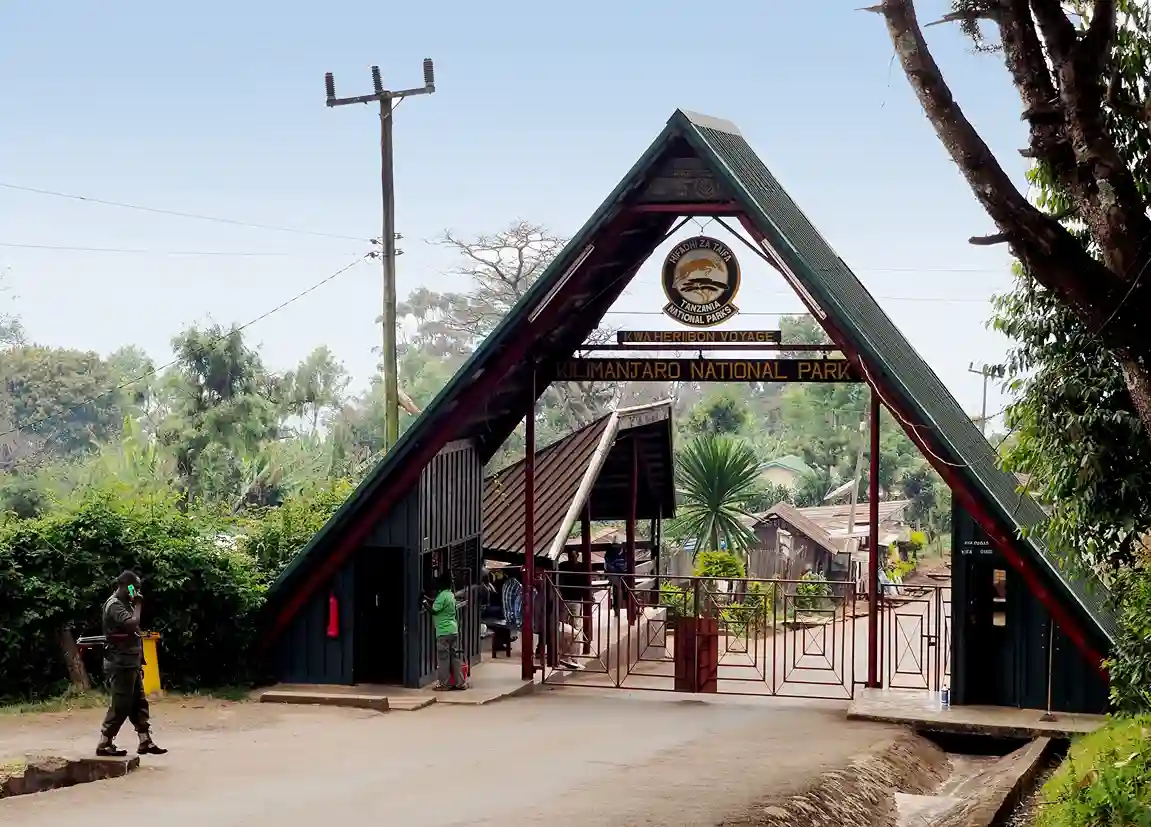







 African Scenic Safaris #1 on TripAdvisor
African Scenic Safaris #1 on TripAdvisor 




